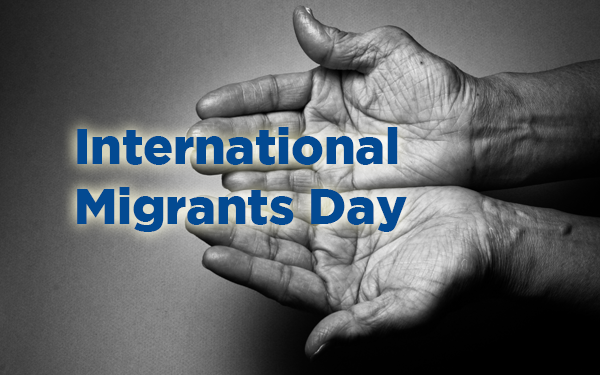
A tentative agreement between PSAC and Treasury Board has been reached for the PA table, covering over 68,000 federal public service workers. The deal includes significant breakthroughs on “common issues,” such as sick leave and workforce adjustment, the details of which were hammered out by the common issues committee earlier this week.
“I am proud of our negotiating teams for standing strong during these two long, difficult years at the table. A deal for our largest group, as well as agreements on key common issues, is a significant victory,” said Robyn Benson, PSAC National President. “I am equally proud of our members for their strength and solidarity. It is because of them that our teams were able to prevent the concessions on sick leave that the employer had been pushing for.”
Common issues need to be implemented at all tables
The issues agreed to between the employer and the common issues committee, composed of members from all five Treasury Board tables, will need to be accepted by each specific table. PA is the first table to formally accept the work of the common issues committee, which covers sick leave and the workforce adjustment appendix.
Sick leave
- The sick leave articles of our collective agreements will remain unchanged.
- The parties have negotiated a Memorandum of Agreement to establish a Task Force to develop recommendations on measures to improve employee wellness and reintegration of employees.
- Any future enhancements to the regime would need to be negotiated and agreed to by both parties.
- PSAC’s four principles are included in the MOA: sick leave provisions will be contained in the collective agreement, provide for wage replacement, protect and grandfather sick leave banks, and will not be administered by a third-party provider. Any enhanced sick leave regime shall contain, at minimum, these four principles.
Workforce adjustment appendix
- What we achieved represents the most significant improvements in workforce adjustment since it was first signed as an appendix into PSAC collective agreements in 1998.
- Changes will reduce involuntary layoffs by allowing volunteers to come forward to leave the public service during times of workforce adjustment.
- Employees will now have up to fifteen months to find an alternation match.
- More union involvement, ensuring employees have the right to union representation during the process.
- Limits to contracting out.
- Improvements to the monetary provisions, including the education allowance and transition support measures.
Monetary gains
The agreement with the PA table contains significant improvements to monetary compensation for members. This includes a wage increase and allowances for certain occupations, such as compensation advisors and employees of Correctional Service of Canada. The total compensation for all PA members amounts to a minimum increase of five and a half percent over the four years of the collective agreement, plus a $650 signing bonus.
The wage increase is 1.25 per cent for each year, plus a point five percent (0.5%) market adjustment for 2016.
Helping workers meet family demands
It has been agreed that a committee will be established to look at childcare needs. Better family leave, including provisions for extended family, have also been negotiated.
Other notable gains
The PA team has achieved improvements to working conditions for members working in call centres.
This agreement has language recognizing gender identity and gender expression as prohibited grounds of discrimination.
The Memorandum of Understanding that established the task force on Mental Health in the workplace is also contained in this agreement. The mandate of the task force includes identifying ways to reduce and eliminate the stigma associated with mental health issues, improving communication on mental health challenges in the workplace, and implementing the National Standard of Canada for Psychological Health and Safety in the Workplace. The MOU was agreed to earlier in the bargaining process, in 2015, and the task force has already been hard at work ever since.











